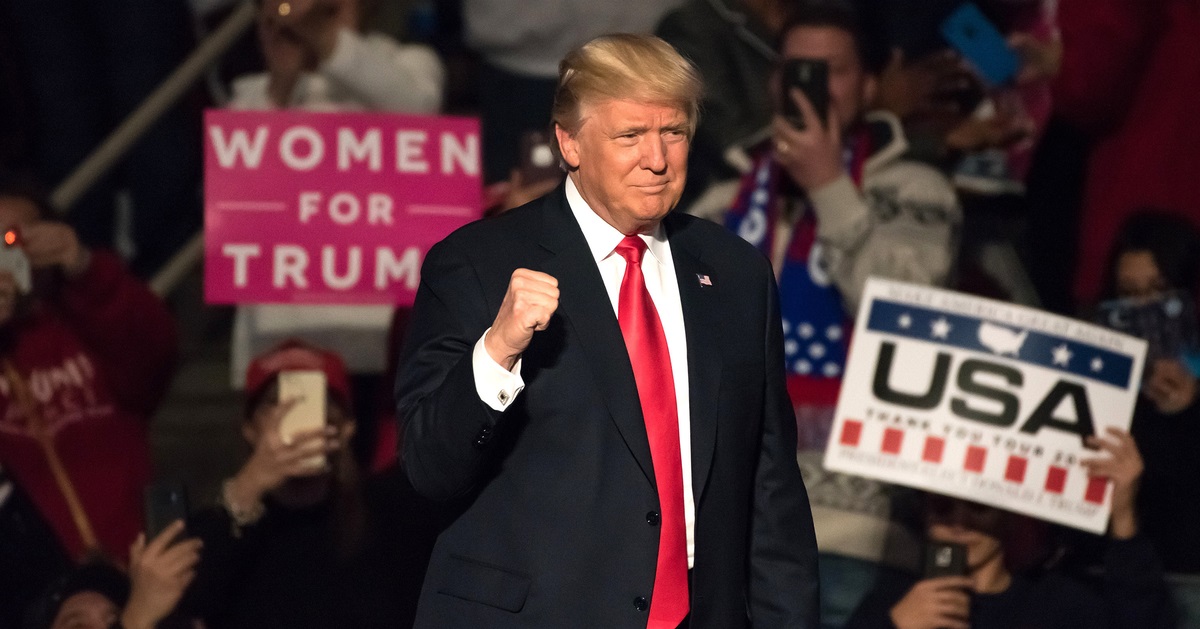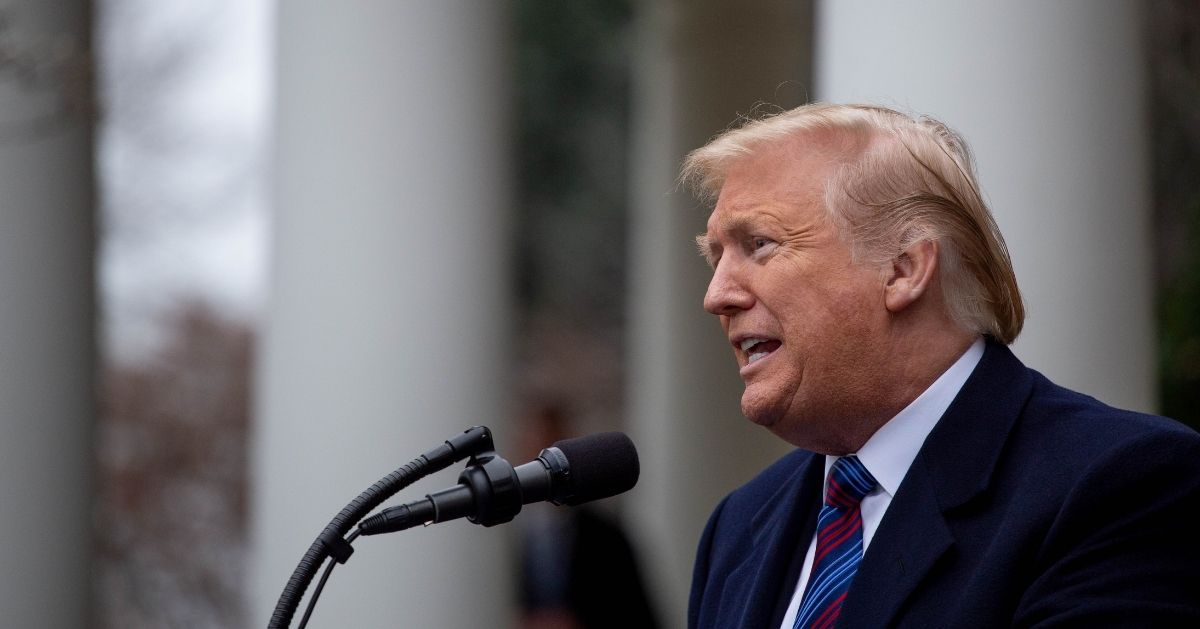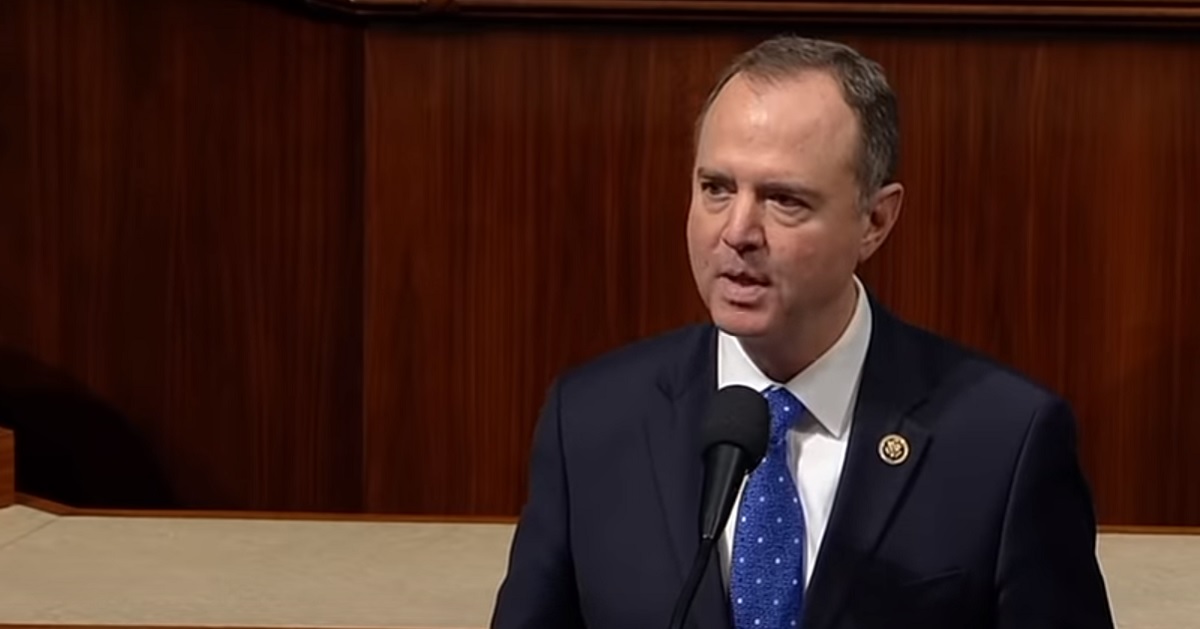DANIEL VAUGHAN: Trump Is Right To Defund NPR
America is $34 trillion in debt, yet Washington still sends hundreds of millions of dollars every year to public broadcasters that can — and should — stand on their own feet. The Corporation for Public Broadcasting (CPB) received $535 million for FY 2025 and is requesting $575 million for FY 2026 — money that most households will likely never notice until it's deducted from their paychecks. The rescission bill passed by Congress and signed by Trump claws back more than $1.1 billion from NPR and PBS. It's a good start.
Taxpayers Pay for Programming They Don't Trust
Public broadcasting's biggest defense is that it's widely trusted. The numbers tell a different story. Only 12% of Republicans say they have even "a fair amount" of confidence in the national press — an all‑time low. Independents aren't far behind at 27%. Yet conservatives and libertarians are forced to bankroll news coverage that dismisses their worldview.
Democrats are outraged, of course. You would expect them to be angry. They love NPR and PBS. However, if they do, they can continue to give directly or fund the organizations that support these outlets.
Americans shouldn't be forced to subsidize the media that liberals consume. It's absurd to suggest otherwise.
NPR and PBS Are Already Commercial Players
When big tech's ad market slumps, NPR feels it. The network laid off 100 employees in 2023 due to a $30 million revenue shortfall. That proves two things.
First, NPR is already a market actor, living and dying by advertising, sponsorships, and clicks. Second, our tax dollars prop up a business model that the digital marketplace is rejecting on its own.
We should listen to the market, not fight against it with tax money we don't have.
PBS, meanwhile, runs pledge drives so constantly that panhandlers would blush. Viewers hear endless appeals for "a few dollars a month" because membership revenue, foundation grants, and corporate underwriting cover everything else.
According to reports, "The CPB allocates 70% of its annual federal funding to more than 1,500 local PBS and NPR stations versus less than 5% for administrative costs. The federal funds in 2023 accounted for nearly 11% of PBS television stations' total revenue and about 6% for NPR radio stations."
Federal aid is the tail, not the dog.
Government Money Invites Government Meddling
Progressives blast former President Trump's recent executive order freezing CPB funds as an "assault on free speech." This argument is a double-edged sword, and liberals miss the lesson. If the White House can yank the purse strings, so can the next administration, left or right. Congress can decide to fund Joe Rogan.
True editorial independence comes from private, voluntary support, not political patronage.
Additionally, forcing Americans to fund these outlets supports speech Americans increasingly don't like: "[D]efunding NPR does not constitute censorship of NPR. On the contrary, forcing taxpayers to subsidize it represents a kind of compelled speech. NPR should be free to make its own editorial choices—even ones that are pathologically unfriendly to Trump—and Americans should be free to choose whether they want to pay for it."
Democrats and NPR liberals are free to say, believe, and report whatever they want. But they aren't entitled to taxpayer money to do that. If they can't survive the media economy, like everyone else, then they should reevaluate their offerings, because customers are saying something with their wallet.
The Market Already Serves Rural and Kids' Programming
Defenders warn that rural stations and children's shows will disappear without Uncle Sam. Nonsense. Streaming has flattened geography; any farm kid with a phone can watch SpongeBob SquarePants or reality TV on demand. Local news? Non‑profit startups raise cash the old‑fashioned way—by convincing donors they add value.
If a station can't persuade listeners to contribute a cup of coffee's worth of cash each month, the product may need improvement. We're even seeing this with weather and sports, where startups from Ryan Hall, Y'all, to Josh Pate's College Football Show prove that people will go out of their way to find good content.
Rural communities have internet access. Democrats promised the world with rural broadband that never delivered. Fortunately, Elon Musk's Starlink service is available to anyone, anywhere.
That means we can do what is right with this funding: leave it with taxpayers, who are coping with inflation.
Let NPR and PBS Compete Like Everyone Else
Great content wins in the marketplace. If Sesame Street, All Things Considered, or the PBS NewsHour truly deliver something Americans can't live without, Americans will pay for it voluntarily. If not, it shouldn't remain on the public credit card indefinitely.
Congress's passing of the rescission and zeroing out the CPB budget is giving NPR and PBS the greatest gift of all: freedom. No more political strings. No more forced subsidies. Just a fair fight in the arena of ideas—exactly where a free press belongs.
Cut the cord. Let taxpayers choose the media they're willing to fund, and let public broadcasters prove they deserve the nation's trust, without holding out the federal tin cup.
Democrats are freaking out because they already know what Americans think through viewing habits.






